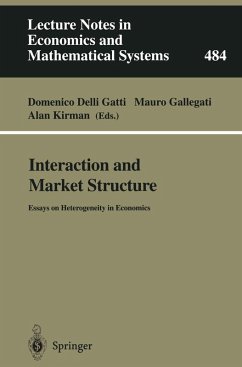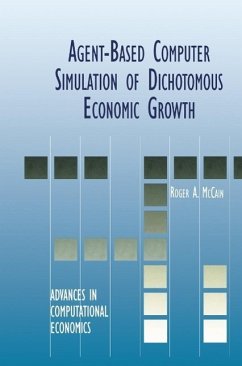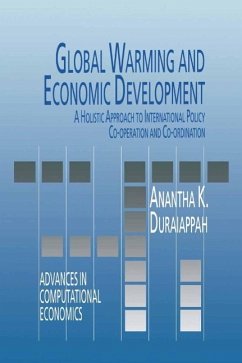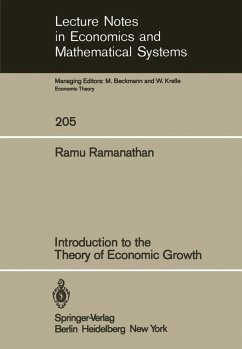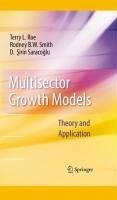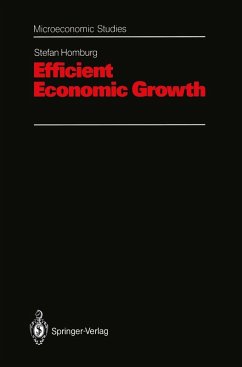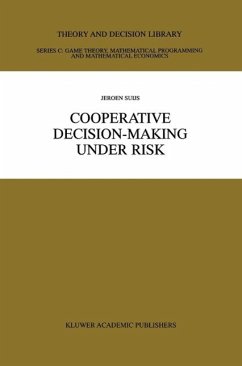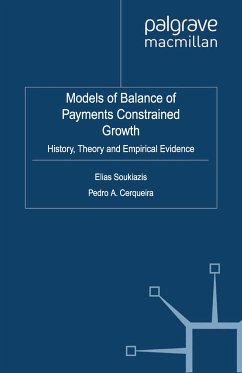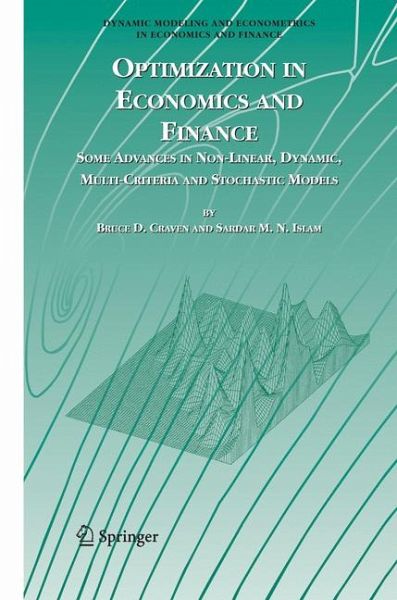
Optimization in Economics and Finance (eBook, PDF)
Some Advances in Non-Linear, Dynamic, Multi-Criteria and Stochastic Models
Versandkostenfrei!
Sofort per Download lieferbar
72,95 €
inkl. MwSt.
Weitere Ausgaben:

PAYBACK Punkte
36 °P sammeln!
Some recent developments in the mathematics of optimization, including the concepts of invexity and quasimax, have not previously been applied to models of economic growth, and to finance and investment. Their applications to these areas are shown in this book. Results are presented concerning when an optimal control model has a unique optimum, what happens when the usual convexity assumptions are weakened or absent, and stability to small disturbances of the model or its parameters. The book introduces a new computational package called SCOM, for solving optimal control problems on MATLAB.
Some recent developments in the mathematics of optimization, including the concepts of invexity and quasimax, have not previously been applied to models of economic growth, and to finance and investment. Their applications to these areas are shown in this book. Results are presented concerning when an optimal control model has a unique optimum, what happens when the usual convexity assumptions are weakened or absent, and stability to small disturbances of the model or its parameters. The book introduces a new computational package called SCOM, for solving optimal control problems on MATLAB.
Dieser Download kann aus rechtlichen Gründen nur mit Rechnungsadresse in A, B, BG, CY, CZ, D, DK, EW, E, FIN, F, GR, HR, H, IRL, I, LT, L, LR, M, NL, PL, P, R, S, SLO, SK ausgeliefert werden.




